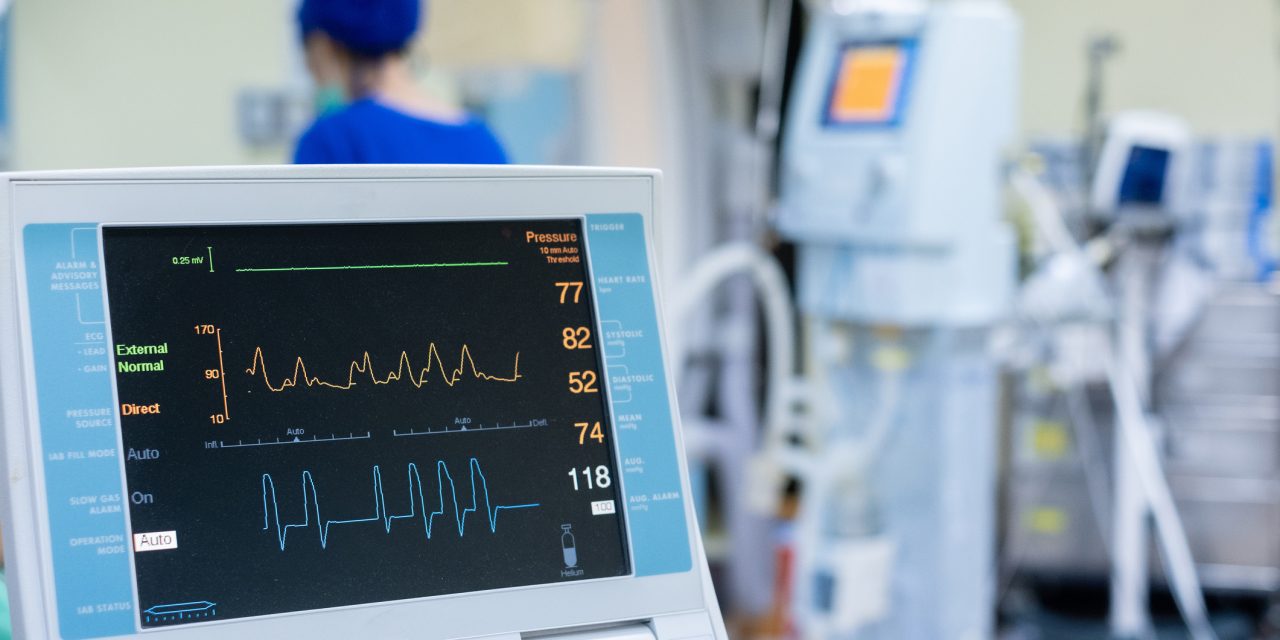Evaluate the impact of an emergency critical care center (EC3) on the admissions of critically ill patients to a critical care medicine unit (CCMU) and their outcomes.
This was a retrospective before/after cohort study in a tertiary university teaching hospital. To improve the care of critically ill patients in the emergency department (ED), a 9-bed EC3 was opened in the ED in February 2015. All critically ill patients in the emergency department must receive intensive support in EC3 before being considered for admission to the CCMU for further treatment. Patients from the emergency department account for a significant proportion of the patients admitted to the CCMU. The proportions of patients admitted to the CCMU from the ED were analyzed 1 year before and 1 year after the opening of the EC3. We also compared the admission data, demographic data, APACHE III scores and patient outcomes among patients admitted from ED to the CCMU in the year before and the year after the opening of the EC3.
The establishment of the EC3 was associated with a decreased proportion of patients admitted to the CCMU from the ED (OR 0.73 95% CI 0.63-0.84, p < 0.01), a decrease in the proportion of patients with sepsis admitted from the ED (OR 0.68, 95% CI, 0.54-0.87, p < 0.01) and a decrease in the proportion of patients with gastrointestinal bleeding admitted from the ED (OR 0.49, 95% CI 0.28-0.84, p < 0.05). Following the establishment of the EC3, patients admitted to the CCMU had a higher APACHE III score in 2015 (74.85 ± 30.42 vs 72.39 ± 29.64, p = 0.015). Fewer low-risk patients were admitted to the CCMU for monitoring following the opening of the EC3 (112 [6.8%] vs. 181 [9.3%], p < 0.01). Propensity score matching analysis showed that the opening of the EC3 was associated with improved 60-day survival (HR 0.84, 95% CI 0.70-0.99, p = 0.046).
Following the opening of the EC3, the proportion of CCMU admissions from the ED decreased. The EC3 may be most effective at reducing the admission of lower-acuity patients with GI bleeding and possibly sepsis. The EC3 may be associated with improved survival in ED patients.
Copyright © 2021 Elsevier Inc. All rights reserved.
Effect of an emergency department intensive care unit on medical intensive unit admissions and care: A retrospective cohort study.


